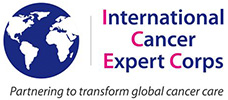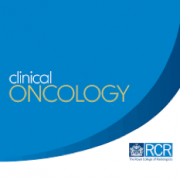Surveying the Challenges to Improve Linear Accelerator-based Radiation Therapy in Africa: a Unique Collaborative Platform of All 28 African Countries Offering Such Treatment
Radiation therapy is a critical component for curative and palliative treatment of cancer and is used in more than half of all patients with cancer. Yet there is a global shortage of access to this treatment, especially in Sub-Saharan Africa, where there is a shortage of technical staff as well as equipment. Linear accelerators (LINACs) offer state-of-the-art treatment, but this technology is expensive to acquire, operate, and service, especially for low- and middle-income countries(LMICs), and often their harsh environment negatively affects the performance of LINACs, causing downtime.
A global initiative was launched in 2016 by ICEC and CERN to address the technology and system barriers to providing radiation therapy in LMICs through the development of a novel LINAC-based radiation therapy system designed for their challenging environments. As the LINAC prototype design phase progressed, it was recognized that additional information was needed from LMICs on the performance of LINAC components, on variables that may influence machine performance and their association, if any, with equipment downtime. Thus, a survey was developed to collect these data from all countries in Africa that have LINAC-based radiation therapy facilities. In order to understand the extent to which these performance factors are the same or different in high-income countries, facilities in Canada, Switzerland, the UK, and the USA were invited to participate in the survey, as was Jordan, a middle-income country. Throughout this process, LMIC representatives have provided input on technology challenges in their respective countries. Read more…



